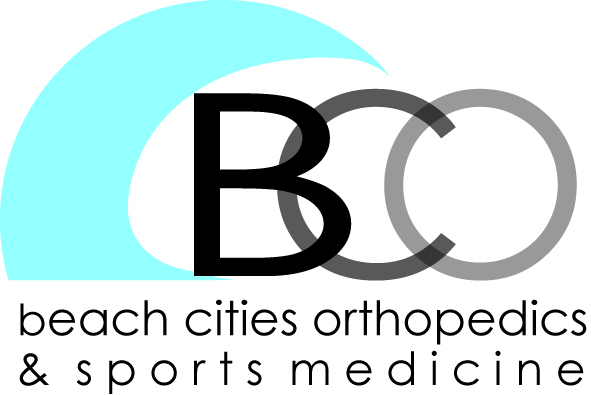Biologics
Platelet-Rich Plasma (PRP)
The use of platelet-rich plasma has gained significant popularity in the field of sports medicine and orthopedics for its power to enhance healing of both acute and chronic ailments. PRP can be administered in the office setting by drawing blood and preparing it with the use of a centrifuge. The power of PRP is in its supraphysiologic concentration of platelets and plasma which contain growth factors and cytokines responsible for healing tissues. Specific growth factors such as vascular endothelial growth factor (VEGF) and platelet derived growth factor (PDGF) abundant in PRP help create an environment for tissue regeneration through cell migration and proliferation. PRP has a healing effect, an anti-inflammatory effect and a pain relieving effect that can be used to treat a variety of problems from tendons to joint issues.
Amniotic Membrane Tissue
The amnion is a membrane lining the placenta which contains cells and growth factor needed for the development of the body's organs, bones, and soft tissues. The use of amniotic tissue has been regulated by the FDA since 2003, and is considered safe and noncontroversial since it is harvested at the time of cesarian section. For orthopedic patients, amniotic tissues are useful for cartilage, tendon and ligament injuries. Amniotic tissue contains healing components including extra-cellular matrix (ECM), multiple growth factors, hyaluronic acid, and anti-inflammatory cytokines. The ECM (not present in PRP) is especially useful for cell migration and attachment and signals the body's own local cells so assist in the repair process. Amniotic tissues are delivered via simple injection to the injured area, which helps the body heal itself.
Stem Cell Therapy
Stem cells are a special pluripotent cell line that can differentiate into new tissues, and may be obtained from multiple sources such as bone marrow, fat, and amniotic tissues. Stem cell injections may be used to successfully treat patients with degenerative arthritis, tendon and ligament damage for pain relief and tissue regeneration. Amniotic stem cells have anti-inflammatory properties similar to cortisone, but these stem cells actually restore degenerated tissue while providing pain relief. Additionally, stem cell injections contain hyaluronic acid, which lubricates joints and tendons, easing pain and helping restore mobility. Amniotic stem cells are non-embryonic, immuno-privileged, and FDA regulated for your safety.
The Frontier of Regenerative Medicine



